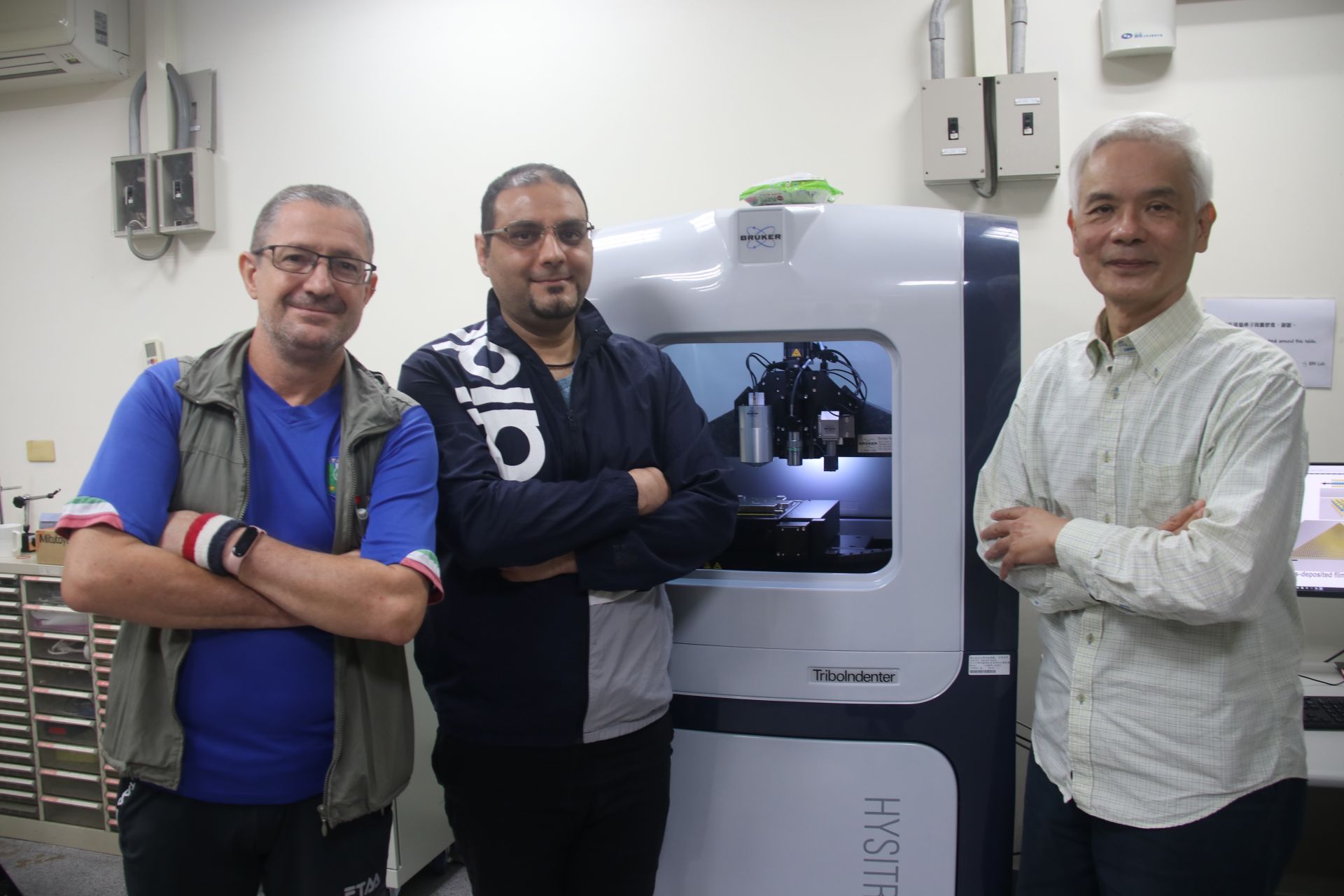NCKU Collaborates with China Steel to Move Toward 2050 Net Zero Carbon Emissions: International Symposium Held in Tainan
In his remarks, NCKU Vice President Woei-Jer Chuang stated that as a native of Kaohsiung, CSC has long been a company admired by his peers. NCKU and CSC share a long history of close collaboration, with the current technical vice president of CSC being an outstanding alumnus of NCKU’s Department of Materials Science. This collaboration has received high acclaim from the NSTC. Professor Shih-kang Lin’s team not only demonstrated the academic depth of NCKU’s research but also contributed to Taiwan's leadership in global sustainability issues.
Vice President Chuang emphasized that "Taiwan is small and must rely on collaboration." He described the symposium as both a showcase of achievements and the beginning of greater sharing and collaboration. He sincerely invited industry partners to join this journey of technological innovation to inject new momentum into a sustainable future for Taiwan and the world. NCKU will continue to address societal needs and solve industrial challenges, striving to ensure that academic research benefits both industry and society, thereby contributing to Taiwan’s low-carbon economy and global sustainable development. Many outstanding NCKU alumni are already serving at CSC, and Chuang hopes for future collaboration with more technical college students to collectively make Taiwan a better place.
NSTC Department of Academia-Industry Collaboration and Science Park Affairs Director Tseng-Ju Hsu noted that scientific and technological innovation can bring great benefits to society. He expressed gratitude for NSTC's role in fostering significant academia-industry collaboration opportunities like this. Today’s event marks both the conclusion of a three-year project and the start of a new chapter, embodying the spirit of "industry posing questions, academia solving them." Over 12 years of collaboration between CSC and NCKU has seen an investment of 5-6 billion NTD, generating industrial output worth over 800 million NTD, with over 200 students participating. These students are the industry’s future talents. Hsu expressed hope for further collaborations to create greater value in academia-industry research.
In his speech, Liu Hung-Yi, Deputy General Manager of CSC’s Technical Department, acknowledged the company’s substantial carbon reduction pressures, as it consistently ranks among Taiwan's top three carbon emitters. Three years ago, CSC established the "CSC Energy Saving, Carbon Reduction, and Carbon Neutrality Task Force," setting a target to reduce carbon emissions by 25% by 2030 compared to 2018 levels. CSC explored numerous paths to carbon neutrality and devised ten strategies, including partnering with 11 universities and the National Synchrotron Radiation Research Center to tackle this challenging and largely uncharted route. Liu highlighted that over 100 meetings had been held over the past three years, culminating in today’s achievements. He expressed gratitude for NCKU’s efforts, which have alleviated CSC’s pressures, and emphasized the importance of applying the academic value created to industry, continuing to make crucial strides toward a low-carbon future for Taiwan.
“Hydrogen as a substitute for carbon is the key to effective carbon reduction,” explained Professor Shih-kang Lin from NCKU’s Department of Materials Science and Engineering during his presentation. He noted that traditional ironmaking methods date back to the Industrial Revolution, and CSC’s process is already highly efficient. Modern blast furnace ironmaking relies on carbon-containing reductants like coke and pulverized coal, which emit carbon dioxide during the reduction of iron ore to metallic iron. Using hydrogen-enriched reductants to partially replace traditional carbon-based ones reduces carbon emissions, as hydrogen reacts to produce steam instead of carbon dioxide. CSC aims to achieve a reduction of 1.55 million tons of carbon emissions annually by 2025, equivalent to the carbon absorption of one-fifth of Taiwan’s forest area or a reduction in emissions equivalent to driving 7.75 billion kilometers—about 190,000 trips around the Earth.
Professor Lin noted that while the EU invests 300 million NTD annually in related research, NCKU and CSC’s academia-industry collaboration has achieved global standards with relatively limited funding, realizing phase goals with highly competitive carbon reduction efficiency. To achieve these results, NCKU developed the world’s only experimental furnace for in situ hydrogen-enriched high-temperature synchrotron X-ray reactions, established low-carbon raw material mixing techniques, simulated complex multiphase reactions within blast furnaces, ensured the safety of hydrogen gas combustion, and applied carbon capture and utilization technologies. The developed low-carbon ironmaking technology has been integrated into production processes, transforming the "ironmaking engine" into a lower-carbon system.
"Achieving net zero carbon emissions by 2050 is a challenge faced by all humanity, affecting the future of global citizens," concluded Professor Lin. He stressed that carbon reduction is not just a corporate responsibility but also a key academic focus for innovation, technical development, and nurturing the next generation of talent. NCKU and CSC will continue to advance technological innovation and academia-industry collaboration. They hope this symposium will pave the way for innovative low-carbon ironmaking technologies, accelerating the green transformation of the steel industry. This technology is not only applicable to Taiwan’s steel industry but also has international potential, providing valuable experience for the global steel industry’s low-carbon transition.
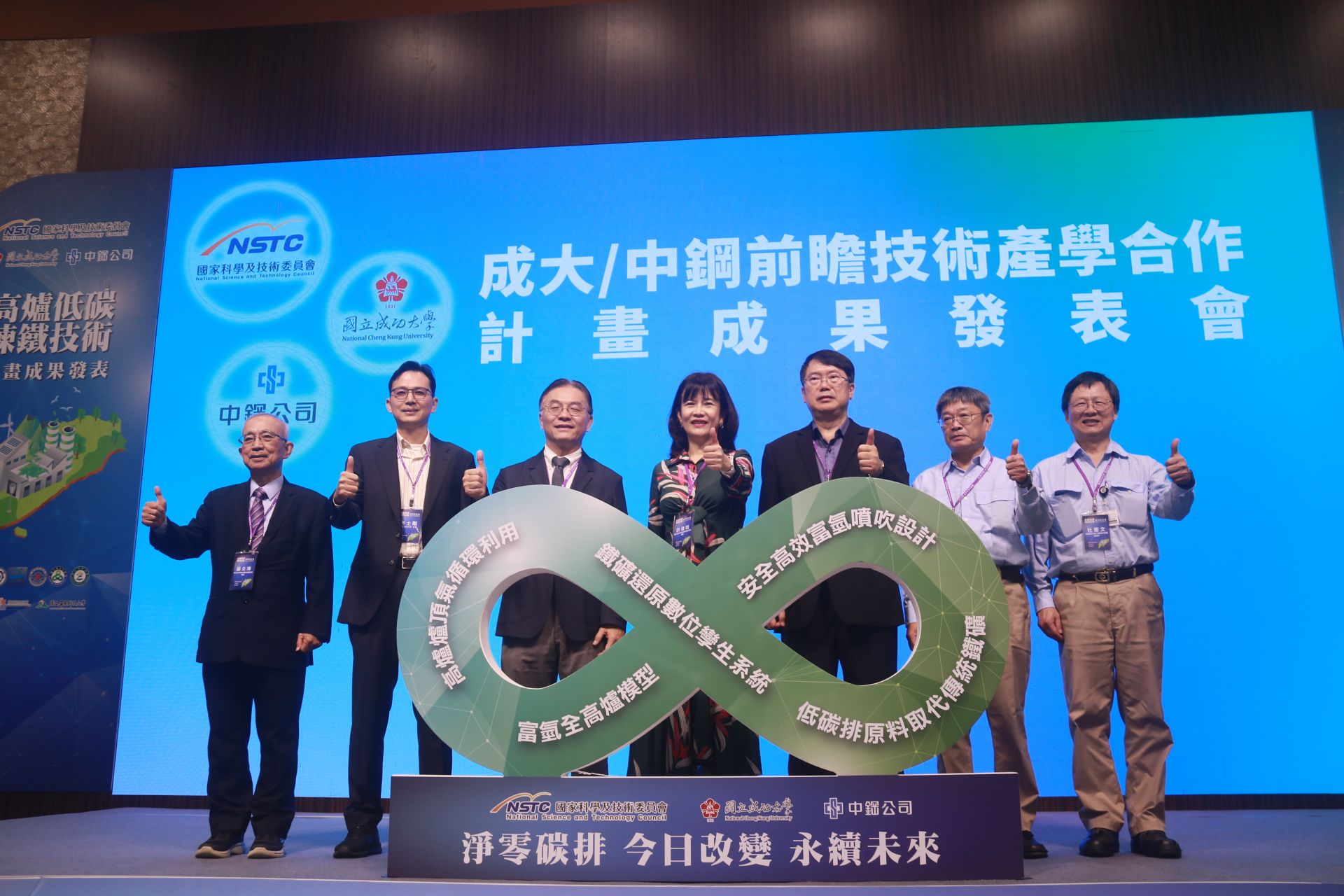
The “NSTC Pioneering Academia-Industry Collaboration Project: Development of Low-Carbon Blast Furnace Ironmaking Technology” symposium.
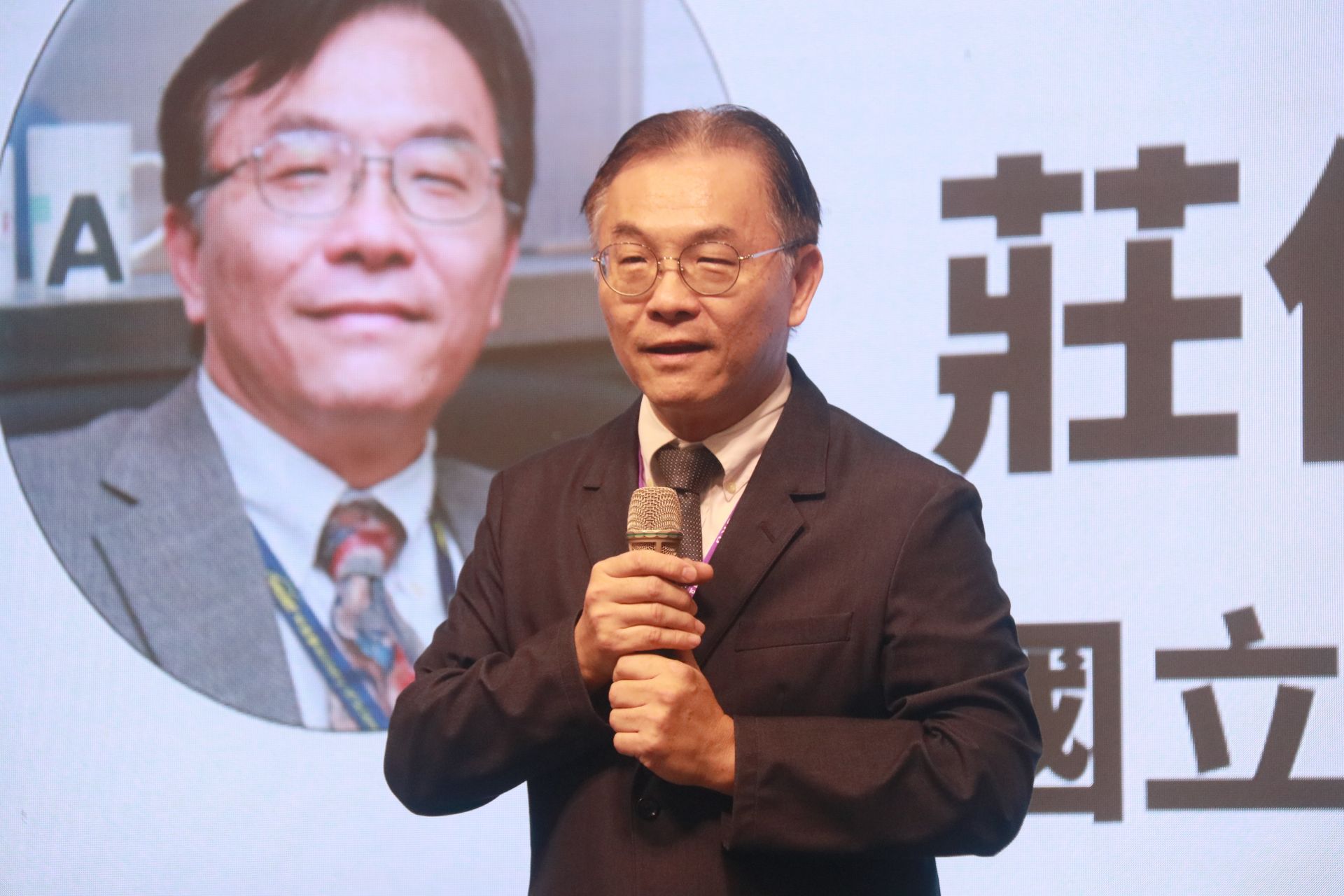
NCKU Vice President Woei-Jer Chuang noted the long and close collaboration between NCKU and CSC during his speech.
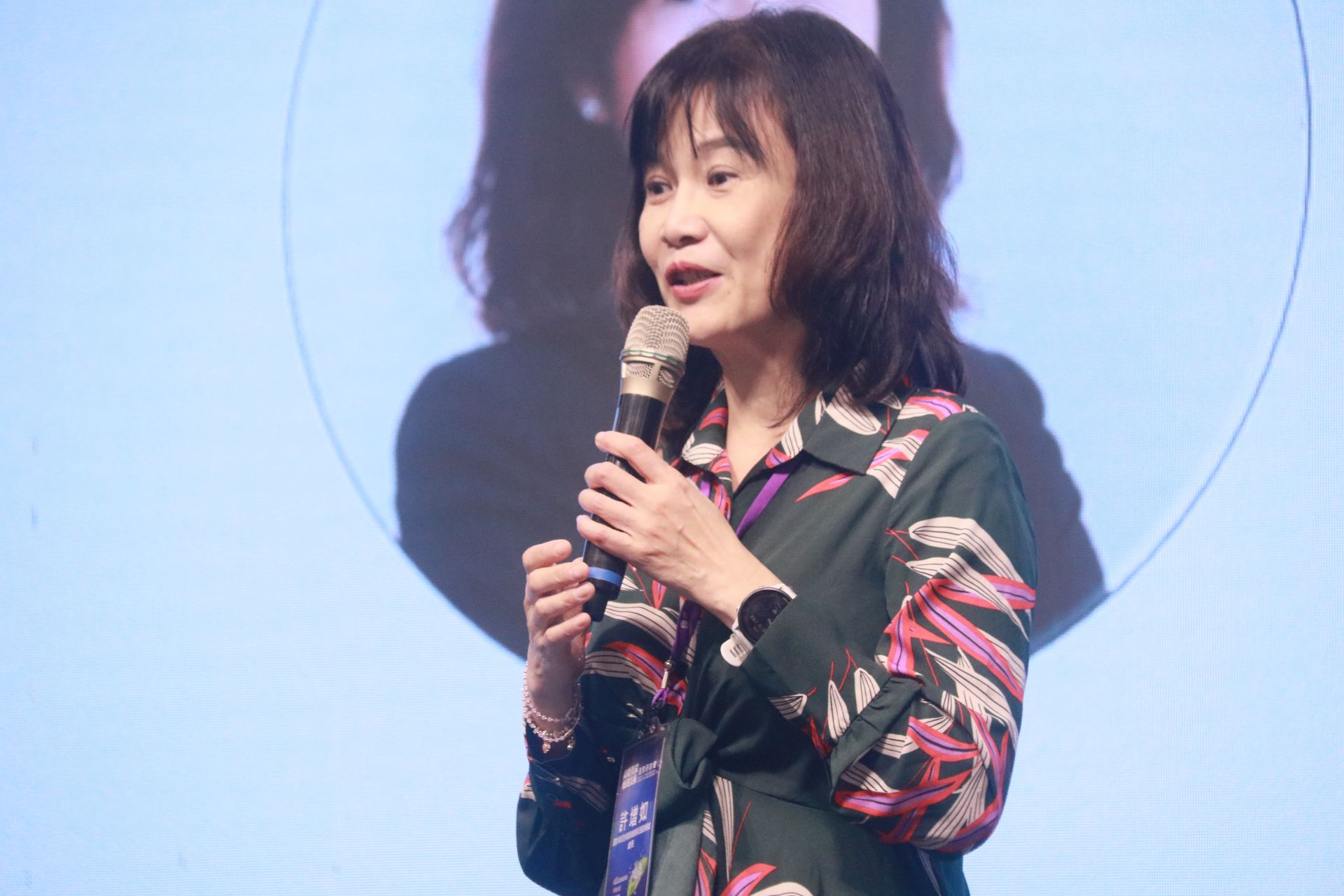
NSTC Department Director Tseng-Ju Hsu expressed hope for more future collaborations to create greater academia-industry research value.

CSC Deputy General Manager Liu Hung-Yi emphasized the importance of applying academic value to industry.
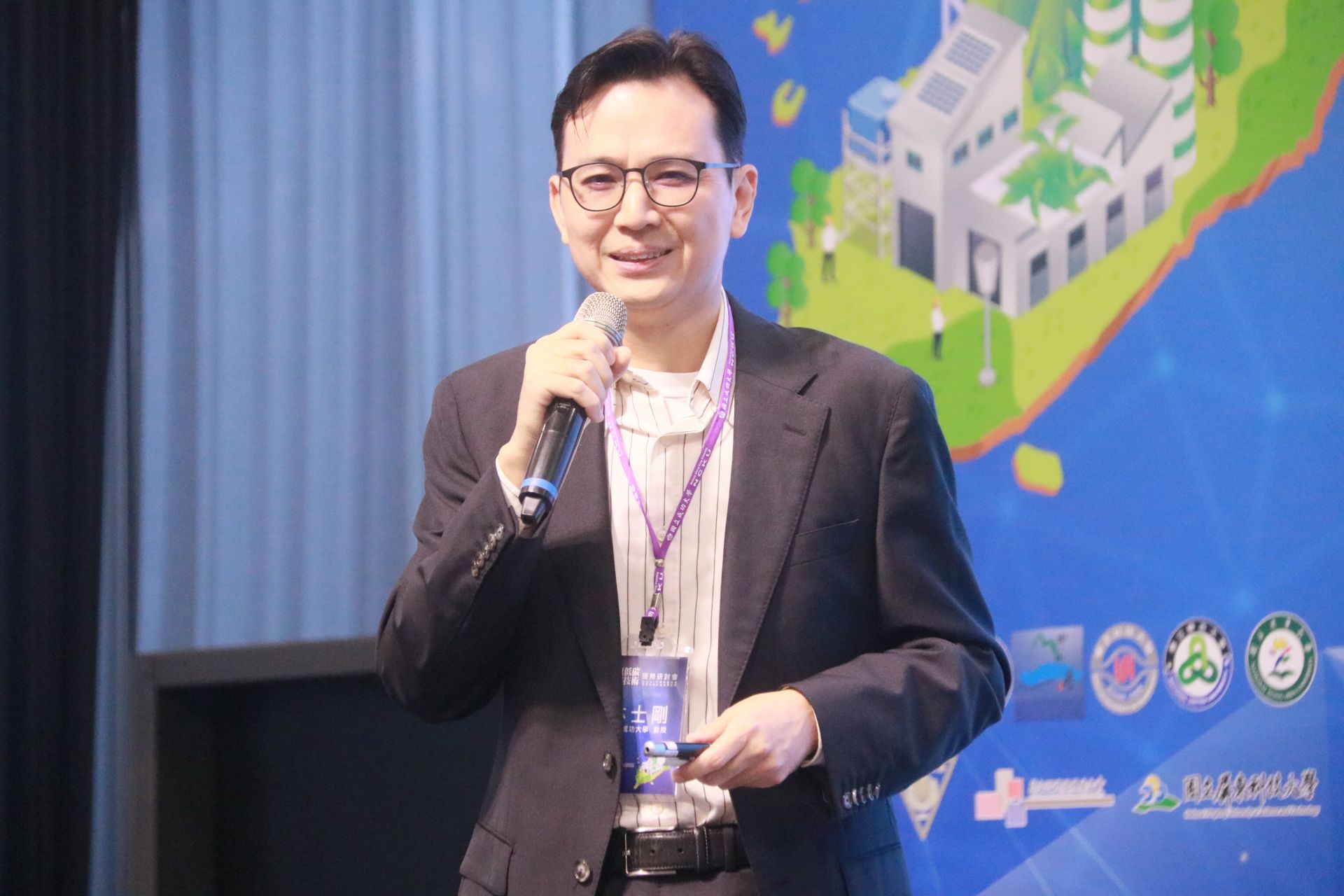
Professor Shih-kang Lin from NCKU’s Department of Materials Science and Engineering explained that hydrogen substitution is key to effective carbon reduction.
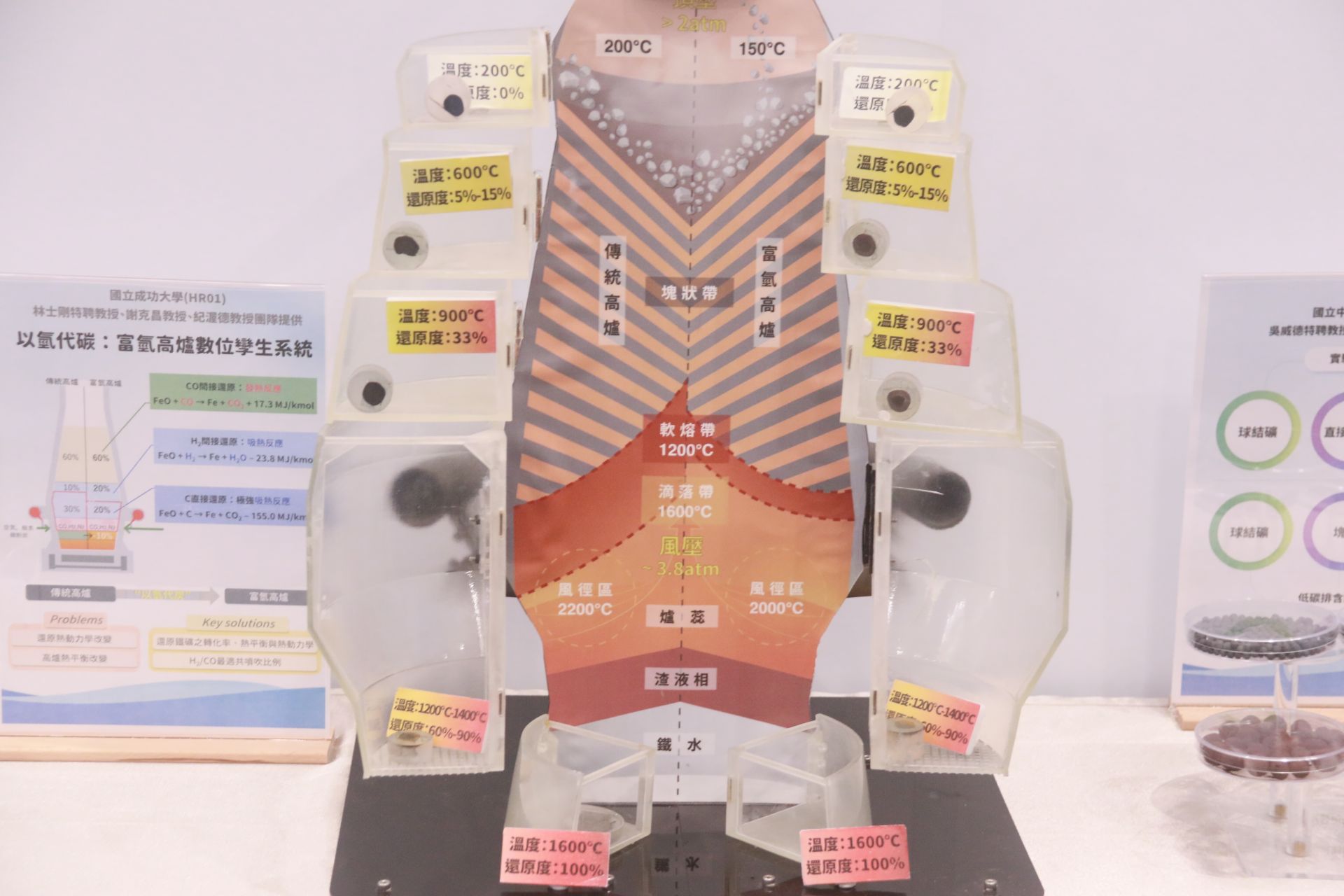
The developed hydrogen-substitution low-carbon ironmaking technology has been integrated into production processes, transforming the "ironmaking engine" into a lower-carbon system.
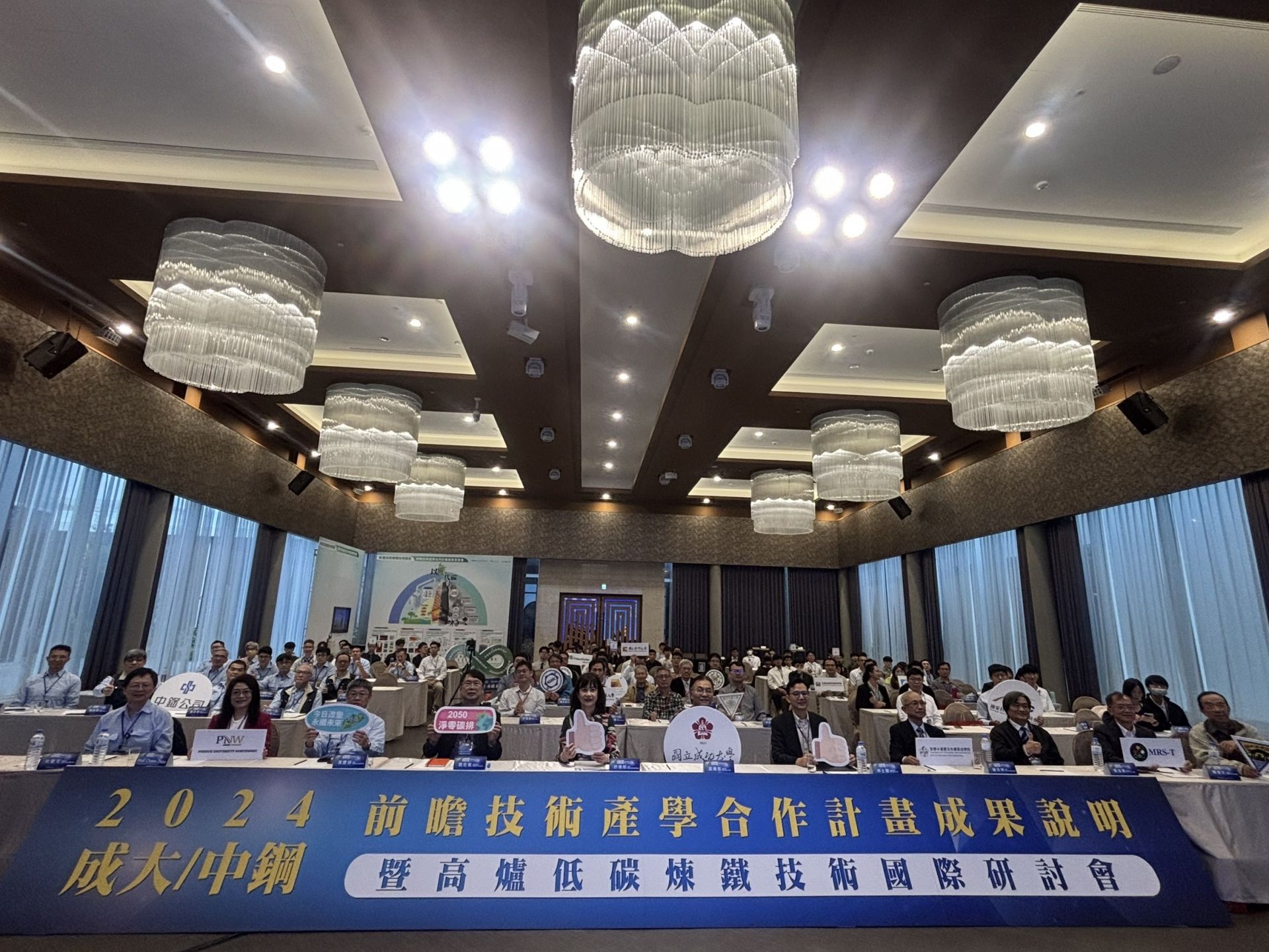
Supported by NSTC, NCKU partnered with 11 universities and the National Synchrotron Radiation Research Center to form the “Low-Carbon Smelting Technology Team Taiwan” for the “Development of Low-Carbon Blast Furnace Ironmaking Technology” project.
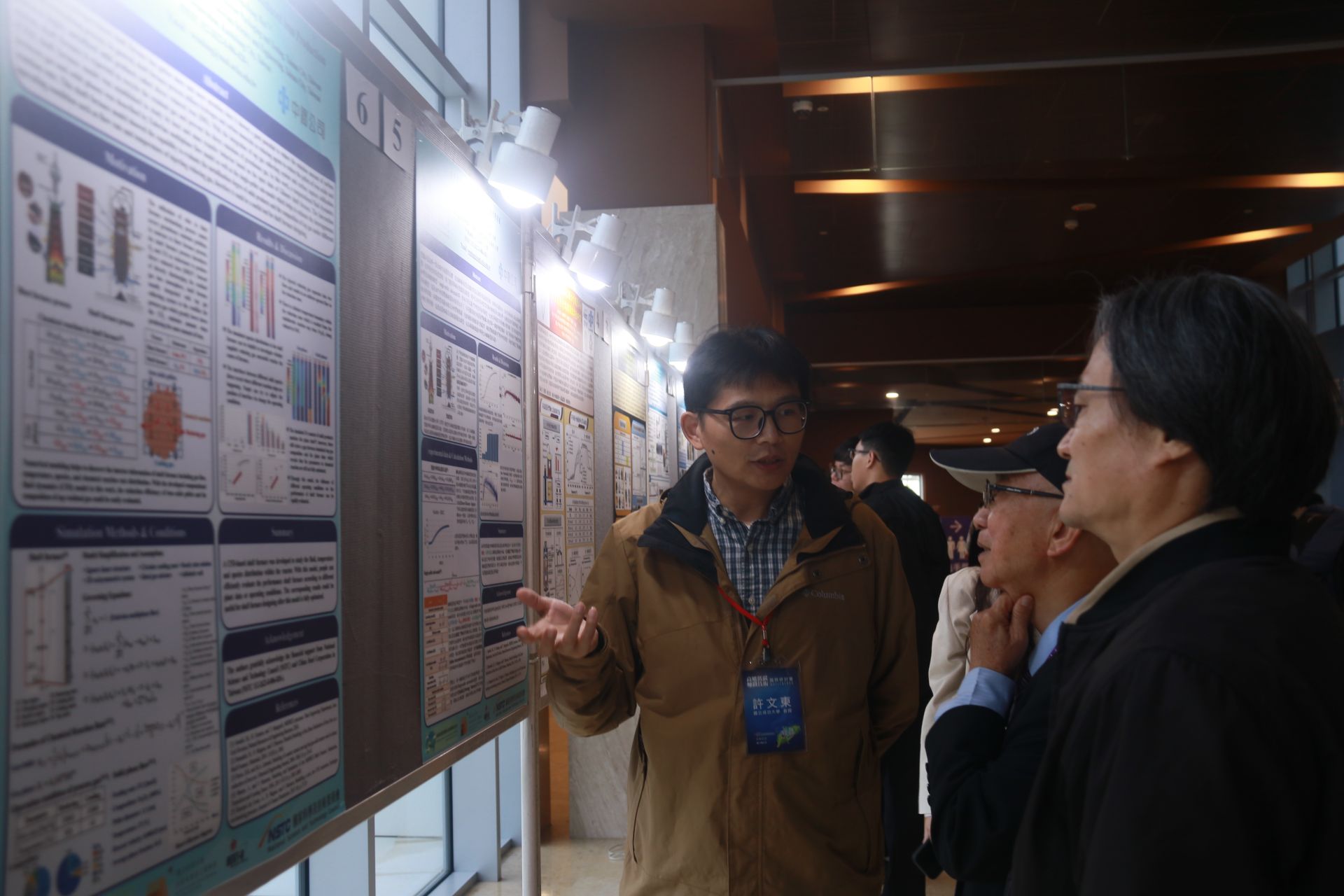
Research from 11 universities was also showcased at the “International Symposium on Low-Carbon Blast Furnace Ironmaking Technology.”
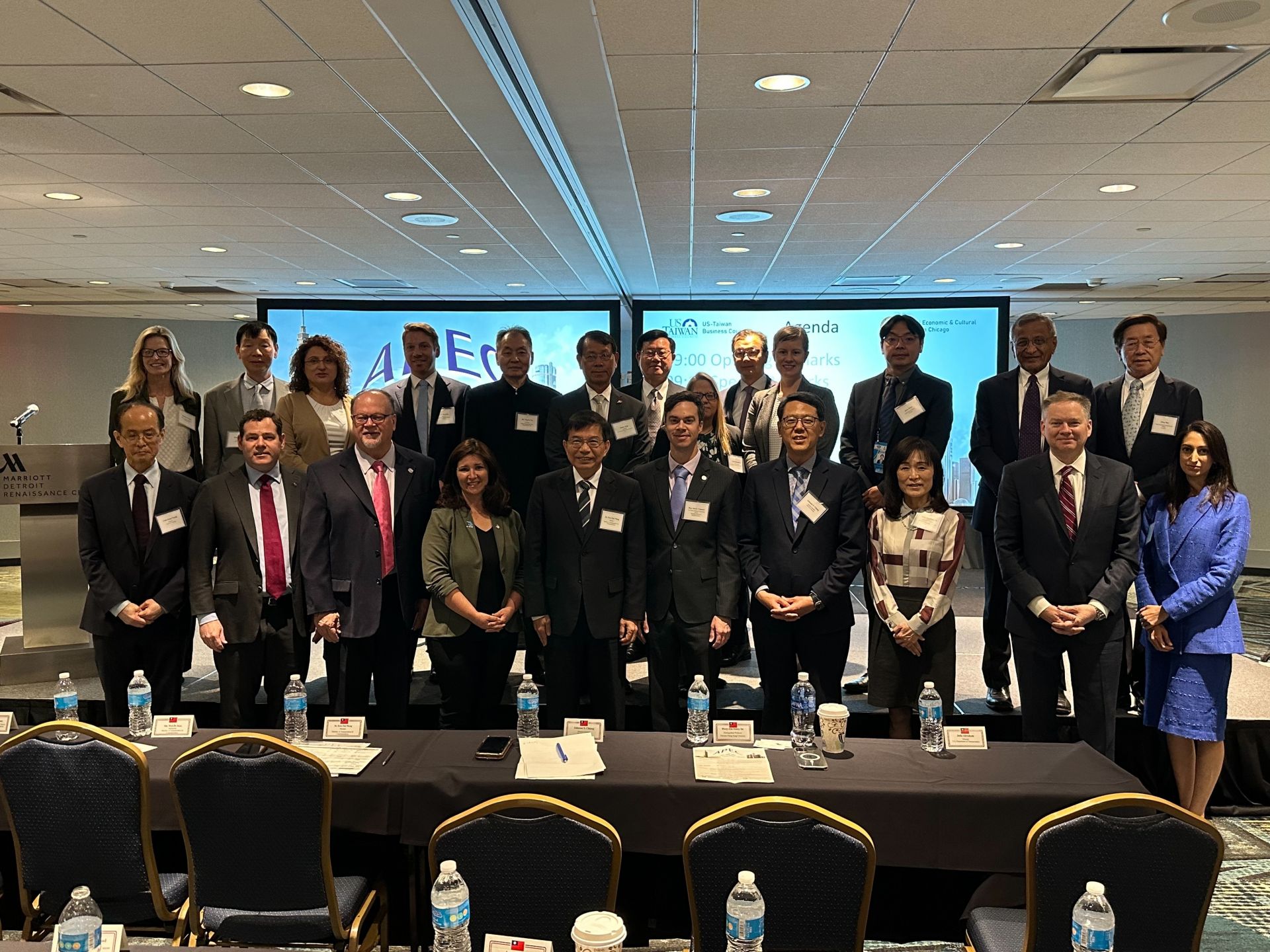
SDG7NCKU Partners with Michigan State University at APEC Transportation Ministerial Meeting Forum.
View more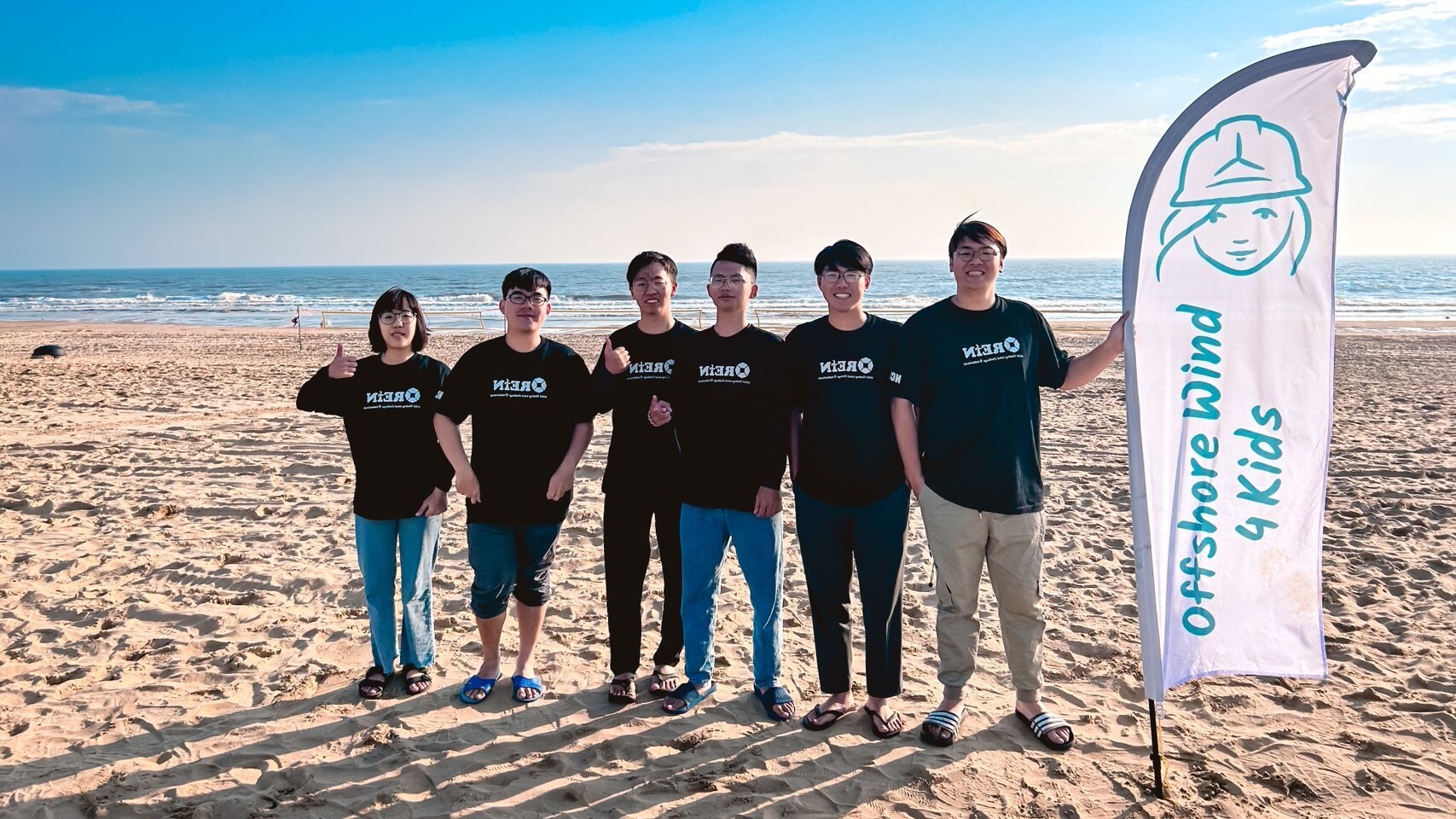
SDG7NCKU Students Win Double International Recognition in North Sea Floating Wind Challenge
View more